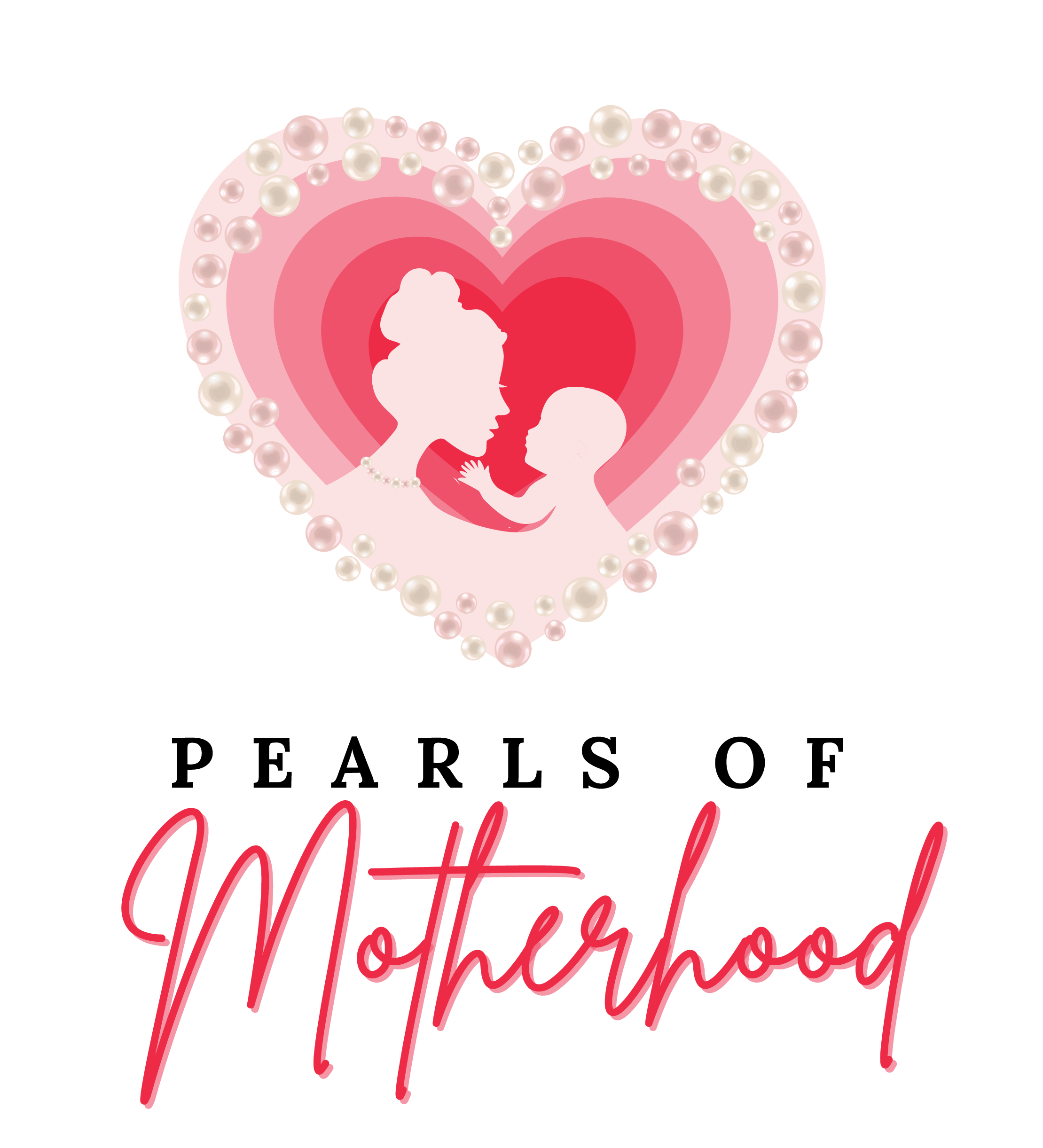
How Motherhood Changes Your Brain: The Science of Becoming a Mom
Motherhood is a transformative journey that reshapes every aspect of life—including your brain. From heightened emotions to sharpened instincts, science shows that motherhood triggers profound neurological changes. These changes aren’t just about adapting to a baby’s needs; they also strengthen a mother’s ability to bond, protect, and nurture. Here’s a closer look at how becoming a mom rewires your brain.
1. Enhanced Emotional Sensitivity
Motherhood increases your ability to detect and respond to emotional cues.
What Happens: Studies show that the brain regions responsible for empathy and emotional regulation become more active during motherhood, especially in the early stages.
Why It Matters: This heightened sensitivity helps mothers interpret their baby’s cries, facial expressions, and needs more effectively.
The Science: Oxytocin, often called the “love hormone,” surges during pregnancy and breastfeeding, promoting bonding and emotional connection.
2. Improved Multitasking and Problem-Solving Skills
Motherhood often feels like juggling a million things at once—and your brain adapts to handle it.
What Happens: The prefrontal cortex, responsible for decision-making and planning, becomes more active.
Why It Matters: These changes help moms manage the complex demands of caring for a baby while handling daily responsibilities.
The Science: The challenges of motherhood stimulate neuroplasticity, enabling the brain to reorganize and strengthen connections.
3. Strengthened Bonding and Attachment
Motherhood deepens the bond between you and your child through brain chemistry.
What Happens: Oxytocin and dopamine are released in response to your baby’s touch, smell, and even eye contact.
Why It Matters: These chemicals create feelings of love and attachment, forming the foundation for a secure parent-child relationship.
The Science: MRI studies show increased activity in the brain’s reward centers when mothers interact with their babies.
4. Heightened Protective Instincts
Motherhood activates the brain’s survival mechanisms to ensure your baby’s safety.
What Happens: The amygdala, which processes fear and threat, becomes more active.
Why It Matters: This makes mothers hyper-aware of potential dangers and more likely to act quickly to protect their child.
The Science: This “maternal vigilance” is especially strong in the early months, helping mothers adapt to the constant demands of a newborn.
5. Memory Changes (aka “Mom Brain”)
While some moms joke about “mom brain” as forgetfulness, it’s actually a sign of adaptation.
What Happens: The brain prioritizes information related to the baby, sometimes at the expense of other memories.
Why It Matters: This ensures that a mother’s focus remains on her child’s needs.
The Science: Hormonal changes during pregnancy and postpartum temporarily affect memory and cognitive function but often improve over time.
6. Increased Empathy and Compassion
Motherhood fosters greater understanding and connection with others.
What Happens: The brain regions associated with empathy, such as the anterior cingulate cortex, become more active.
Why It Matters: This heightened empathy helps mothers connect not only with their child but also with others in their community, creating support networks.
The Science: Hormonal shifts combined with the emotional experience of caregiving expand a mother’s capacity for compassion.
7. Long-Term Brain Growth
Motherhood doesn’t just bring temporary changes—it can lead to lasting growth.
What Happens: Studies show an increase in gray matter in areas linked to emotional regulation, sensory perception, and reasoning.
Why It Matters: These changes enhance a mother’s ability to manage stress and navigate the complexities of parenting.
The Science: The neurological shifts of motherhood represent one of the most significant examples of adult brain plasticity.
8. Greater Resilience
The challenges of motherhood can make you more adaptable and resilient.
What Happens: The stress of parenting strengthens the brain’s ability to cope with adversity.
Why It Matters: This resilience benefits not only your role as a parent but also other areas of your life.
The Science: Hormonal changes during motherhood, including increased cortisol, help mothers respond to challenges more effectively.
9. Enhanced Social Awareness
Motherhood often increases your ability to connect with and understand others.
What Happens: The brain regions responsible for reading social cues and building relationships become more active.
Why It Matters: This helps mothers build support networks and navigate the social dynamics of parenting communities.
The Science: Oxytocin plays a key role in promoting social bonding and reducing feelings of isolation.
10. The Role of Hormones in Brain Changes
Hormones are the driving force behind many of the neurological shifts in motherhood.
Oxytocin: Promotes bonding, emotional connection, and stress reduction.
Estrogen and Progesterone: Prepare the brain for caregiving by enhancing emotional sensitivity.
Prolactin: Encourages nurturing behavior, especially during breastfeeding.
Motherhood is not just a life-changing experience—it’s a brain-changing one. The neurological adaptations that occur during this time are designed to help mothers bond with their babies, protect them, and navigate the complexities of parenthood.
These changes may feel overwhelming at times, but they also empower mothers to grow, connect, and thrive in ways they never imagined. Understanding the science behind these transformations can help mothers embrace their new roles with confidence and compassion.
What changes have you noticed in your brain since becoming a mom? Share your experiences in the comments below!

